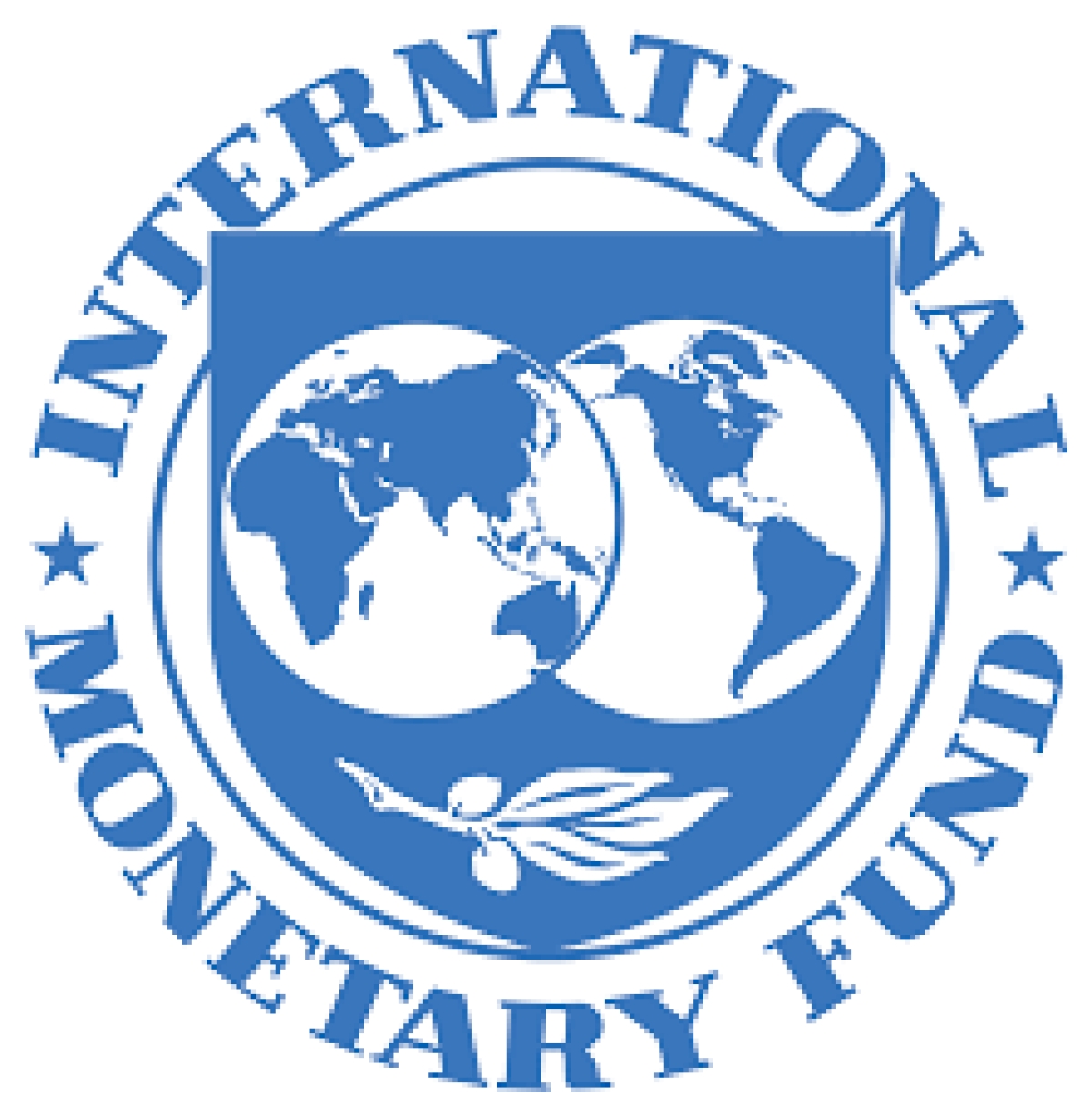Amid concerns over potential disruption to the current International Monetary Fund (IMF) programme in the event of a change in government, officials revealed plans to introduce an economic transformation law aimed at ensuring the continuity and sustainability of the project.
The initiative comes as the global community, particularly Western nations, emphasizes the necessity of maintaining momentum in the economic reform programme backed by a four-year Extended Fund Facility (EFF) arrangement. Approved by the IMF Executive Board for a total of US$3 billion on March 20, 2023, the EFF has garnered praise for its progress in implementing ambitious reforms, leading to rapid disinflation, robust reserve accumulation, and early indicators of economic growth while upholding financial stability.
However, the opposition's two primary parties, the National People’s Power (NPP) and the Samagi Jana Balawegaya (SJB), have pledged to renegotiate the IMF terms if they secure victory in future elections, with the presidential election scheduled later this year and discussions ongoing regarding a potential snap general election.
State Minister of Finance Shehan Semasinghe announced that the proposed bill would be presented to Parliament in May, aiming to enshrine the IMF programme into law, thereby obligating any ruling party to uphold its provisions. "It will be an economic transformation law that will give legal effect to the programme for its sustainability. Then, it becomes a law of the country bound by any party in power to implement," Semasinghe affirmed.









